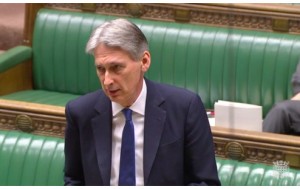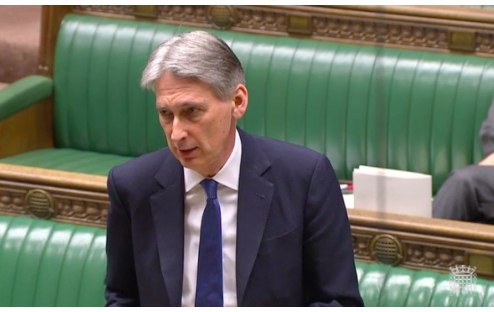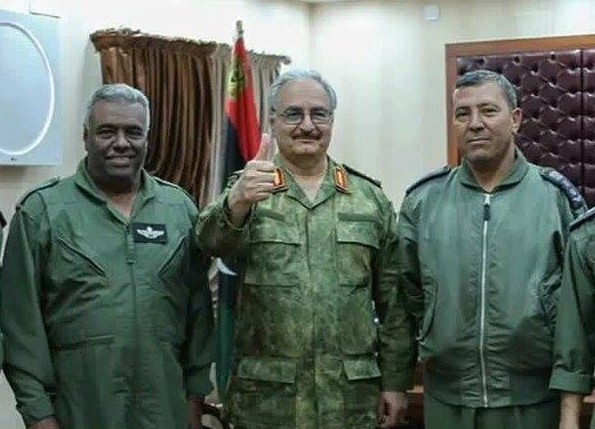By Libya Herald reporters.

Tunis, 19 April 2016:
Libya does not want foreign troops, the UK foreign minister told the British parliament today. . . .[restrict]Philip Hammond explained to MPs that the Presidency Council of prime minister-designate Faiez Serraj did not want assistance from outside forces.
“I am clear that there is no appetite in Libya for foreign combat troops on the ground,” he told the House of Commons. “We do not anticipate any requests from the GNA for ground combat forces to take on Daesh or any other armed groups and we have no plans to deploy troops in such a role”.
He went on to say that Britain was ready with other European powers to respond to GNA requests to help train Libyan armed forces. He also emphasised that Libya’s security had to be in the hands of the GNA.
Hammond dismissed the idea that the UK had already earmarked 1,000 troops for Libya. The speculation has been that this force would join the Italian-led Libyan International Assistance Mission. He insisted that there were no plans at the moment.
At the weekend there were also reports that 150 Royal Marines from 45 Commando had been sent to the Mediterranean, it was said to stiffen the EU’s Sophia Operation against the tide of migrants heading to Italy from Libya.
When quizzed by MPs, Hammond declined to go into any specifics. He agreed that the government would need to seek a vote before any Libyan deployment. However, he said that there would be exceptions, citing the instance of a British pilot embedded with the US Navy who might take part in an offensive operation in Libya. The government would not be seeking the the approval of the Commons before such a pilot took part.
Nevertheless, he said: “The UK, along with other European nations, stands ready to respond to requests from the Libyan government for assistance in training the Libyan armed forces to improve their effectiveness in providing security and in the fight against Daesh”.
He continued: “Prime minister Serraj and I agreed that we should continue to work closely to establish what those training and technical support requirements are and what, if any, role the international community can play in helping to meet them.” [/restrict]








